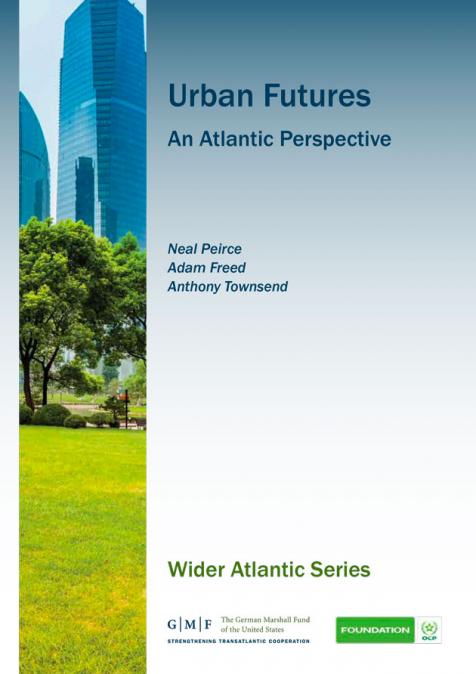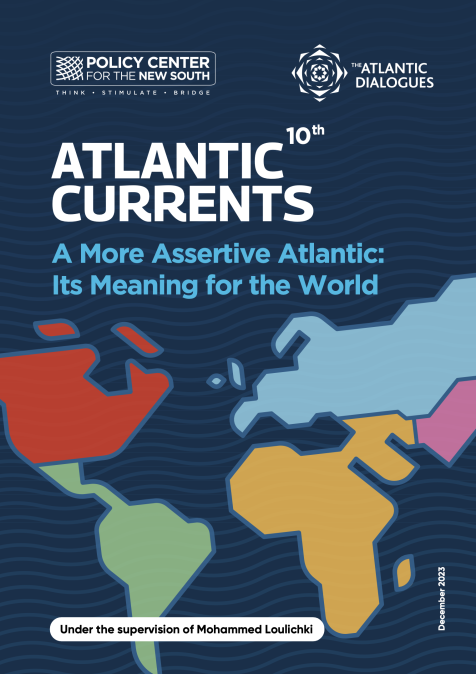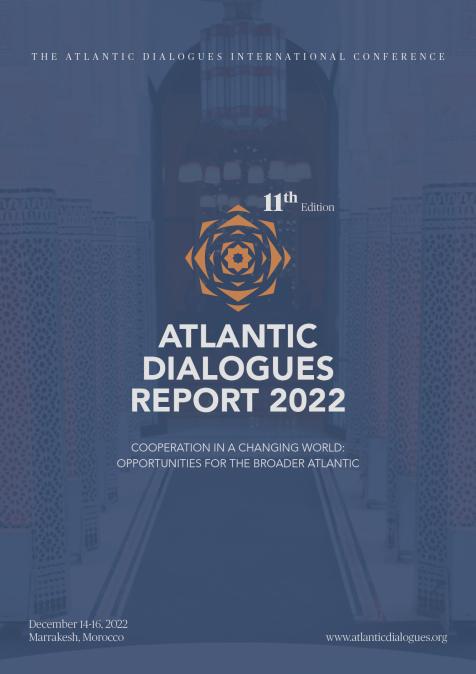Publications /
Book / Report
This policy paper examines the importance of cities as global policy actors, innovators, and collaborators.
While a global phenomenon, the authors of this paper identify specifically how the evolution of the importance of cities as global policy actors, innovators, and collaborators unfolds in the cities of the Northern Atlantic Basin versus the cities in the Southern Atlantic Basin. Despite the important differences between the cities of the Atlantic Basin, technology and the impact of global issues on the urban environment are bringing these cities closer together.
The first chapter provides an overview of the new role cities are playing on the global stage. The subsequent two chapters delve more deeply into two of critical trends identified in the overview: 1) the increase in learning and direct collaboration among cities through networks; and 2) the growing use of technology and data.
As all three authors note, the significance of the rising global influence of cities might not be explained by the extent to which cities carve out a sphere of power for themselves on the governance stage, but by their ability to learn from each other, construct a viable venue in which to make collaborative decisions, and voluntarily implement what is decided upon. At the same time, the inevitability of urbanization, and the necessity of redirecting governance to the extent necessary to give them the authority to solve their own problems, means that city leaders will have to both empower themselves to be global actors and harness their power toward a common vision that involves all actors. Whether as global policy actors, innovators, and collaborators, the cities of the Atlantic Basin do share common ground in their ability to learn from each other, even if what they learn and how they apply it may differ based on their unique contexts.






